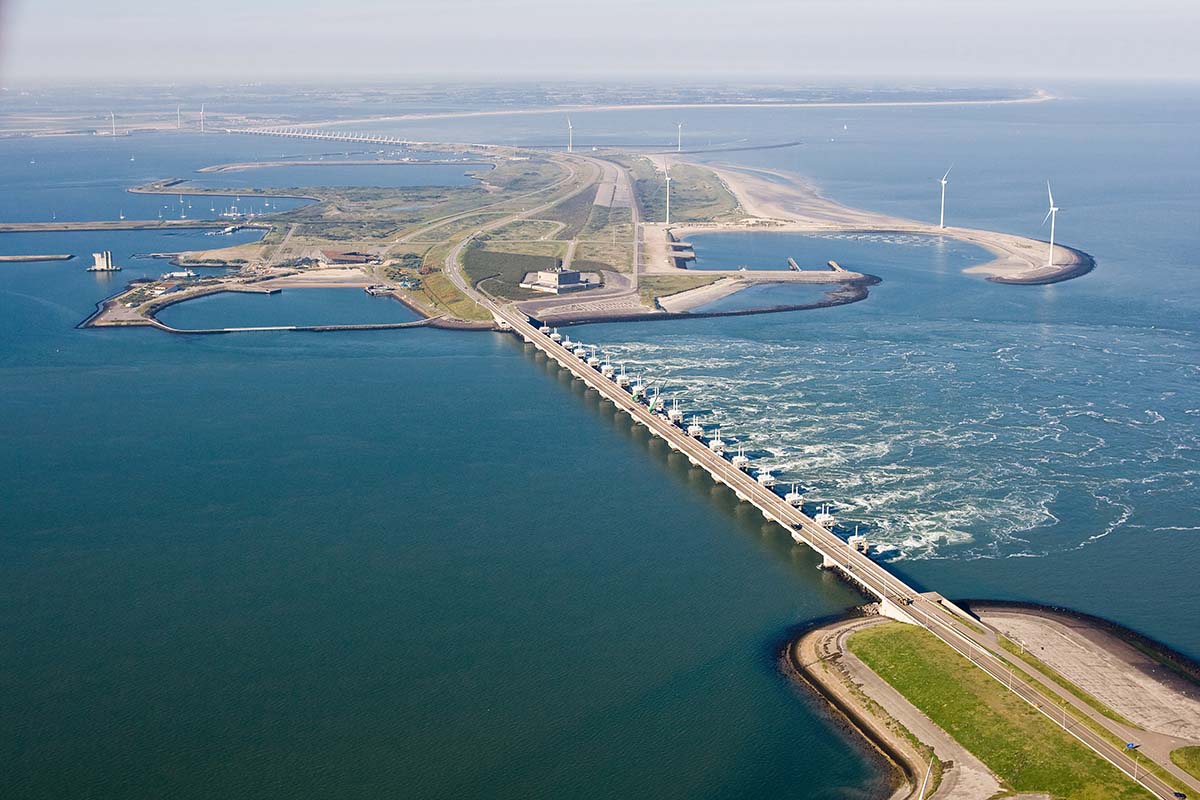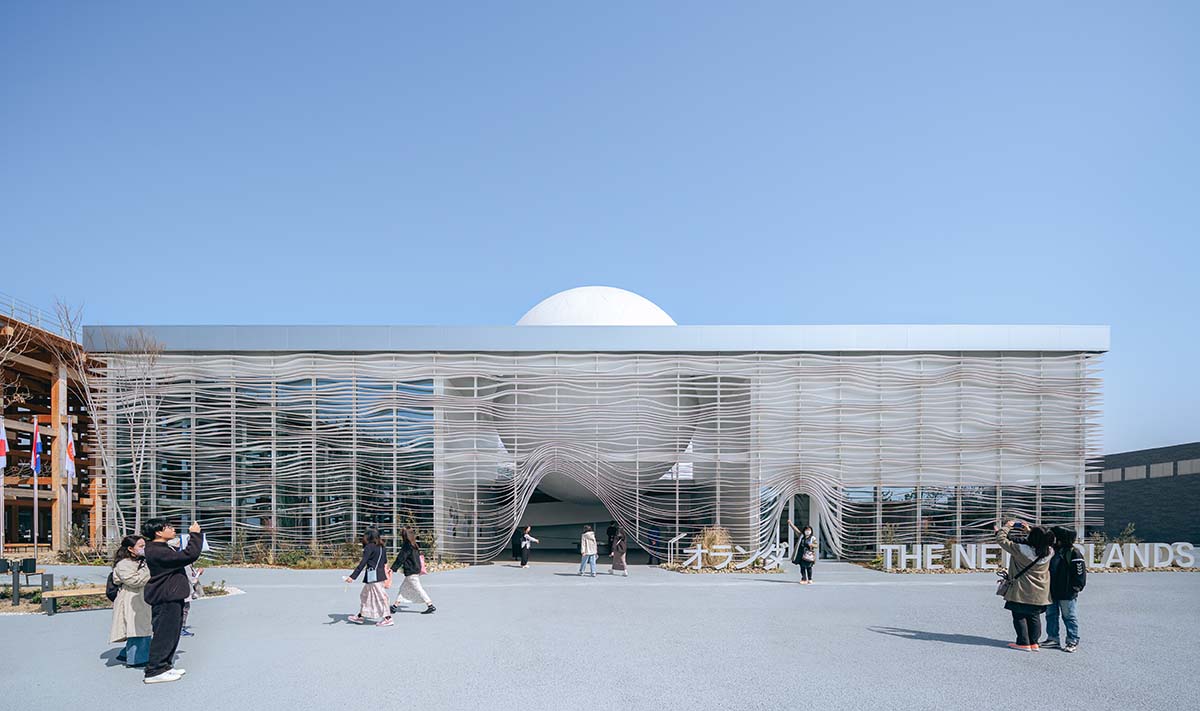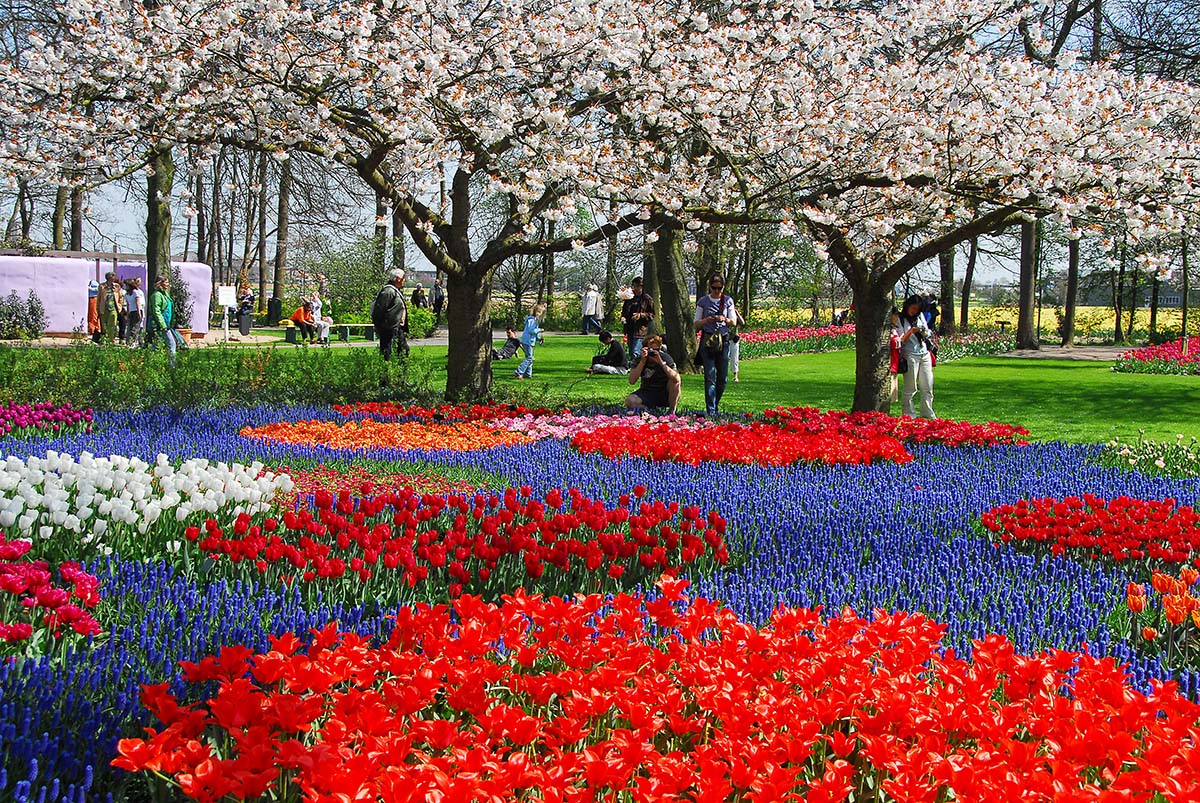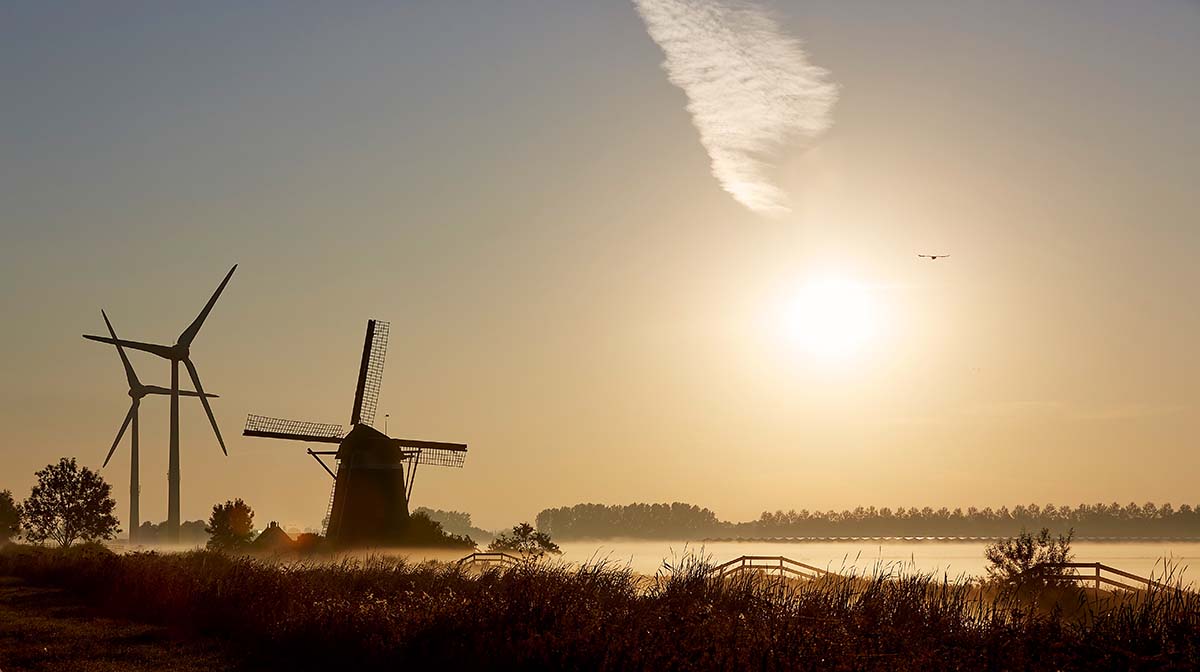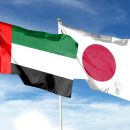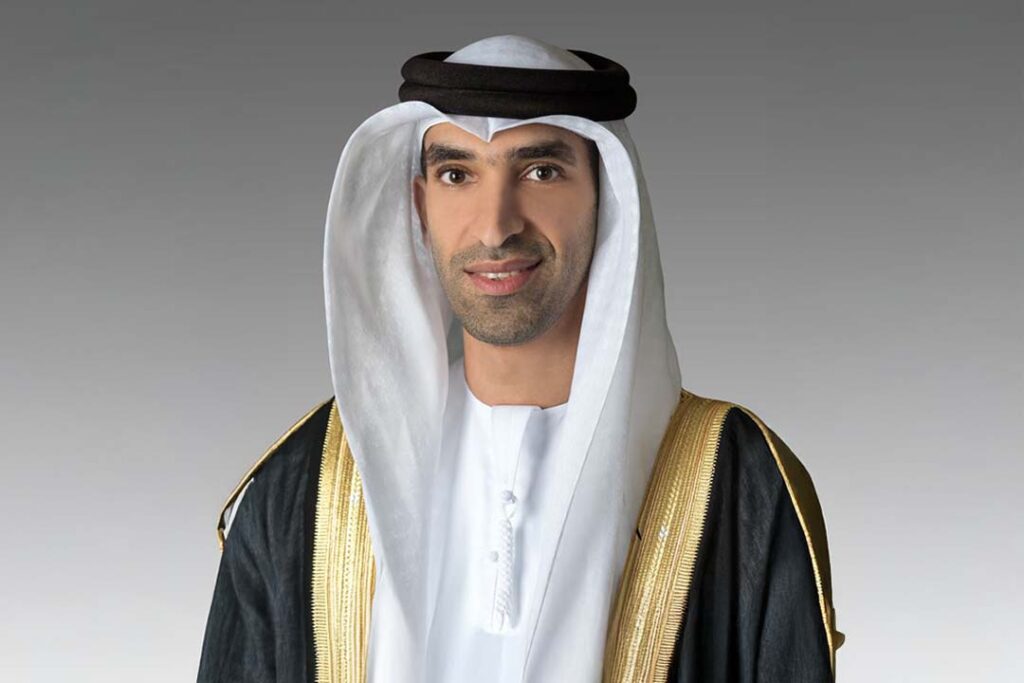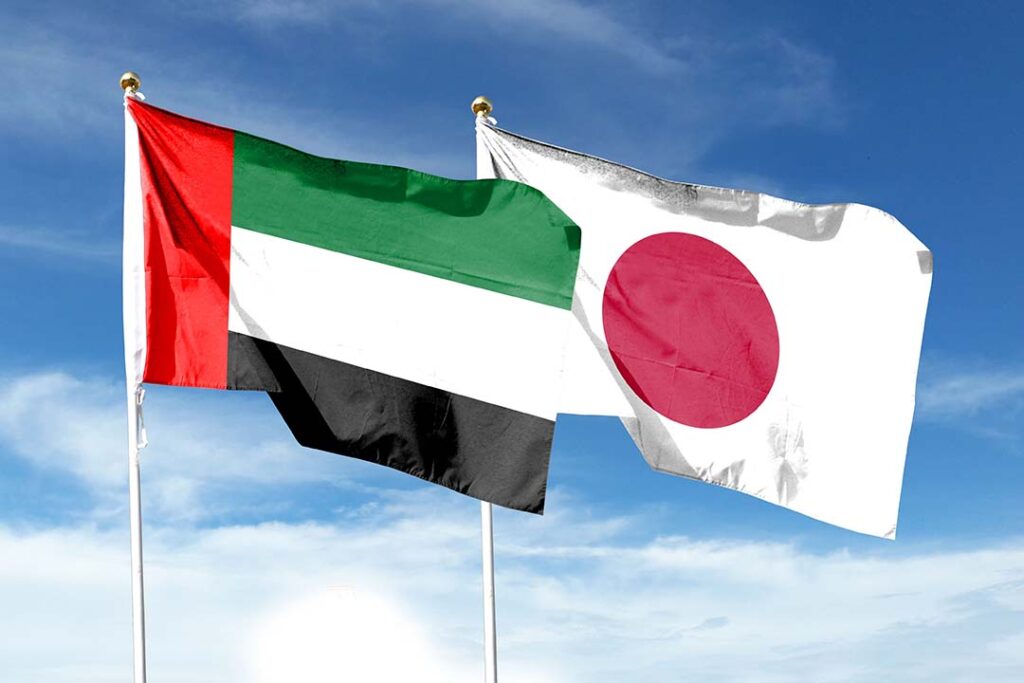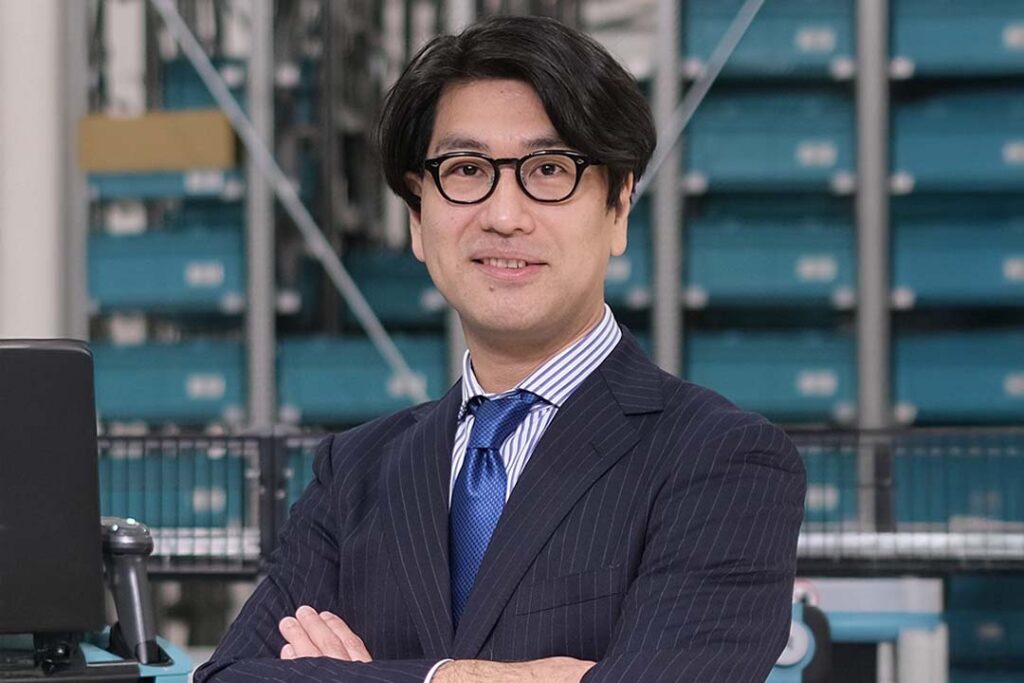In 1965, 15 Japanese enterprises in the Netherlands organized and carried on the Japan Businessmen’s Club as an unofficial entity, in order to foster and promote friendship and economic relations between the Netherlands and Japan.
On February 5th 1976, the Japanese Chamber of Commerce (JCC) was approved by the Ministry of Justice in the Netherlands. With the establishment of the JCC, the Japan Businessmen’s Club liquidated its assets and transferred its members to the JCC.
Bridges spoke with Hiroshi Kurihara, Chairman of the Japanese Chamber of Commerce and Industry in the Netherlands.
Bridges: What have been some of your most memorable moments in the Netherlands thus far?
Kurihara: What struck me most about living in the Netherlands is how people interact in a way that values honesty, openness, and equality. These values are supported by a strong foundation of trust and mutual respect across all levels of society.
This is especially evident in the workplace, where hierarchies do not inhibit frank discussions. It is completely normal for younger team members to challenge senior management constructively, fostering a culture that combines psychological safety with productivity. This reflects a broader Dutch leadership style—a model of servant leadership—where growth is something we pursue together, not imposed from the top.
I personally feel these values come alive in my daily experiences as well. Living in central Amsterdam, I’m deeply moved by the beauty found in ordinary moments, like the early morning sun glimmering off the canals during my commute. This harmony between people, city, and nature says a great deal about the human-centred design and liveability of Dutch cities.
We are a platform that supports economic, cultural, educational, and social exchange—a bridge woven into the daily lives of the Japanese and Dutch communities alike.
Hiroshi Kurihara, Chairman of the Japanese Chamber of Commerce and Industry in the Netherlands

Each Dutch city has its own flavour—Leiden’s intellectual calm, Groningen’s youthful energy, Maastricht’s historical charm—but what ties them together is thoughtful urban planning at a human scale. There’s an emphasis on moderation, accessibility, and sustainability, which I find inspiring.
Another strong impression comes from my many conversations with Dutch government officials and local business leaders. Here, debate is encouraged and valued. Unlike Japan’s tendency to “read the air,” the Dutch favour logical reasoning and transparency. Discussion is not confrontation—it’s a way to build trust and reach shared understanding.
Lastly, what I admire deeply is the commitment to the next generation. In schools, children of all backgrounds are learning to grow together with mutual respect. Society doesn’t just talk about the future—it practices it. That has inspired me to reflect on how we, too, must take responsibility for the kind of world we pass on.
Marking 425 years, what do you think is the foundation of the Netherlands-Japan relationship?
The foundation of our relationship lies in a mutual willingness to learn across differences, supported by deep trust and respect. Since the arrival of the Dutch ship “De Liefde” in 1600, our engagement has gone beyond trade, extending into science, education, and culture—even during Japan’s period of seclusion, when the Dutch served as a vital intellectual bridge to the West.
Japan and the Netherlands are both trading nations open to the world, and today many Japanese companies have chosen the Netherlands as their base for European or global operations. This reflects confidence not only in infrastructure, but also in Dutch governance, society, and talent.
In recent years, our partnership has evolved beyond state-to-state relations to include autonomous cooperation at the corporate, municipal, and citizen levels. Across fields such as education, sustainability, and innovation, collaboration now emerges from the ground up.
This 425-year relationship is still very much alive, and we have a duty to continue writing its story. In fields like climate, health, and digital transformation, we must now work together to build models of co-creation that serve the global good—a responsibility we owe to future generations.
With the Osaka Expo taking place this year, what are your hopes for the event?
The 2025 Osaka-Kansai Expo, under the theme “Designing Future Society for Our Lives,” will be a space for global dialogue, experimentation, and imagination. It marks an important moment for Japan to reengage with the world in a new, collaborative spirit.
As JCC Chairman, I am playing a role as Executive Advisor (in the Netherlands) of Osaka-Kansai Expo. We organised joint seminars and attended business events such as the June 17, 2024 Osaka Business event organized by the Dutch Government / RVO at Leiden City Hall.
On July 7th 2025 we will organize a KGG, JETRO, JCC, NFIA, Foreign Affairs, EZ, RVO joint seminar entitled “Energizing Partnerships between the Netherlands and Japan – collaborative networking for the Economic Mission for EXPO 2025 Osaka-Kansai” in Den Haag.
I’m especially excited about the potential for Japan-Netherlands cooperation in fields like circular economy, environmental technology, and urban design. The Dutch emphasis on practical, systems-based thinking aligns well with Japanese strengths in precision and implementation. Together, I believe we can present a compelling international model for tackling shared challenges.
What I hope most, however, is to see young people from both countries co-create and engage—whether through joint projects, exhibitions, or informal exchanges. If they can view global issues through each other’s eyes and collaborate directly, we plant the seeds for a much more connected and empathetic generation.
The Expo is more than a showcase of technology. It is a stage where humanity reimagines its future. That’s why we need as many voices—and as much co-creation—as possible.
How is the JCC actively supporting the Netherlands-Japan relationship?
The Japanese Chamber of Commerce in the Netherlands (JCC) plays a role that goes beyond business. We are a platform that supports economic, cultural, educational, and social exchange—a bridge woven into the daily lives of the Japanese and Dutch communities alike.
1) Economic Platform and Policy Engagement
We work closely with the Dutch government, the Japanese Embassy, and local institutions to maintain a business environment conducive to Japanese investment. Our role is also to channel on-the-ground voices into policy dialogue—from taxation to labor to sustainability.
2) Community Support and Safety Net
JCC helps maintain key services like the Japanese-language support desk at Amstelland Hospital, and hosts community events that connect companies, employees, and families. We aim to create a trusted, local ecosystem where Japanese residents can thrive.
3) Culture and Public Relations
We co-organize the Japan Festival (with over 20,000 attendees) and publish information magazines to introduce Japanese culture and values. More recently, we’ve focused on themes like disaster preparedness and SDGs to present a modern, engaged Japan to Dutch society.
4) Education and the Next Generation
We support the operation of two Japanese schools and four supplementary schools, as well as organizing joint school events such as a sports day that brings together 2,000 participants. These are not just services—they are long-term investments in global citizenship.
Crucially, these efforts are not dictated top-down. We see more and more autonomous partnerships emerging among communities, fuelled by trust and shared goals. JCC is proud to help facilitate and amplify this grassroots spirit of co-creation.
How do you see the future of Japan’s friendship with the Netherlands developing?
I believe our friendship will evolve into an even deeper partnership—one where we co-design the future, not just exchange ideas. Our two nations have complementary strengths and shared values, particularly in addressing global challenges.
- Concrete examples include:
- Offshore wind and hydrogen in clean energy
- Remote healthcare and ethical AI in aging and health
- Smart agriculture and food resilience in climate adaptation- Joint platforms for youth civic engagement and sustainability- Frameworks for shared digital ethics in a rapidly changing tech landscape
These are no longer abstract hopes. They are practical, collaborative experiments already underway, and the key to their success lies in engaging the next generation—not as observers, but as participants.
The future of our friendship depends on our ability to create flexible, inclusive platforms for learning and collaboration, beyond the boundaries of traditional diplomacy.
Friendship is not built by treaties alone. It lives in relationships—between people, communities, and generations. I believe the Netherlands and Japan, by engaging with humility and creativity, can set an example for what the future of international friendship can look like.



